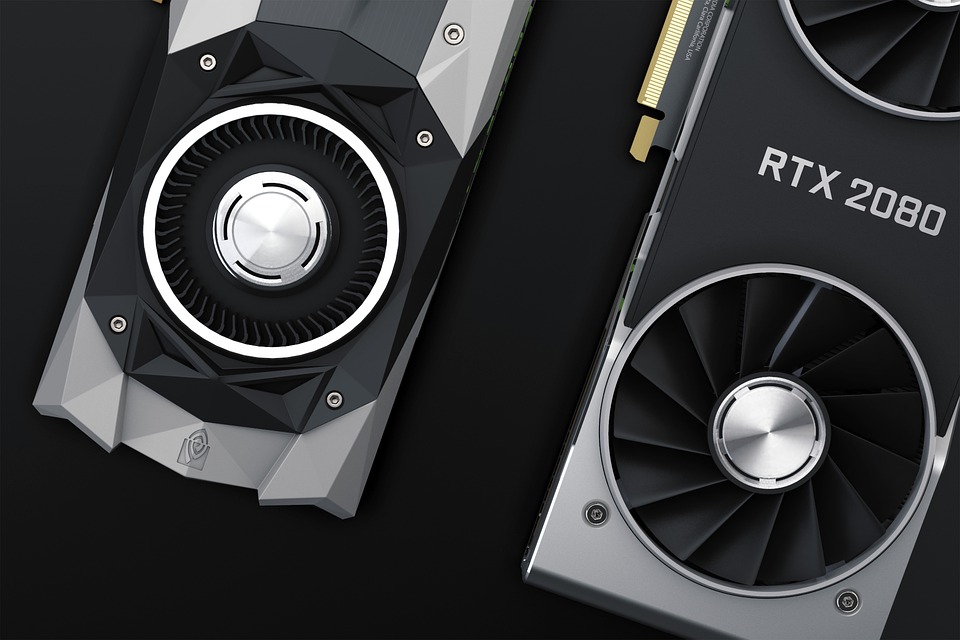In the ever-evolving world of gaming, the hardware you choose can make a substantial difference in your experience. Gamers often find themselves at a crossroads when it comes to budgeting their gaming setup: should they go for high-end components that promise the best performance, or stick to budget options that offer good value? Finding the right balance is essential for both casual and serious gamers alike. This article will explore the key factors to consider when making this decision, helping you determine the right gaming hardware for your needs.
Understanding Your Gaming Needs
Before diving into hardware options, it’s crucial to assess your gaming habits. Are you a casual gamer who enjoys titles like "Stardew Valley" or "Among Us"? Or do you find yourself immersed in high-action games like "Call of Duty" or "Cyberpunk 2077"? Your choice of games directly influences what kind of hardware you’ll need.
Casual Gaming
If you primarily play casual games, budget-friendly hardware may suffice. Integrated graphics on many CPUs now perform surprisingly well for less demanding games. Consequently, a mid-range CPU with a modest GPU can deliver a satisfying experience without breaking the bank.
Competitive Gaming
For competitive gamers, performance is paramount. Fast-paced games often demand high refresh rates and low latency. Investing in high-end components, such as a powerful GPU, faster RAM, and a high-speed monitor, is key to gaining a competitive advantage. Here, even the slightest frame rate drop can mean the difference between victory and defeat.
Price-to-Performance Ratio
When considering budget and high-end components, the price-to-performance ratio becomes a vital metric. It’s not just about how much you spend, but what you get for your investment.
Budget Gaming Hardware
Benefits:
- Cost-Effective: Allows for the purchase of essential components without overspending.
- Upgradable: Investing in a solid foundation means you can update parts like the GPU over time.
- Decent Performance: Many mid-range components can handle most games at respectable settings.
Limitations:
- Longer Load Times: Lower-end SSDs and HDDs may slow down load times, impacting your gaming experience.
- Reduced Graphics Quality: Graphics settings may need to be lowered, impacting the visual experience.
High-End Gaming Hardware
Benefits:
- Maximum Performance: High-end GPUs and CPUs ensure optimal frame rates and graphical fidelity.
- Future-Proofing: Premium hardware can handle upcoming game titles, delaying the need for upgrades.
- Better Thermal Management: High-end systems often have better cooling solutions, prolonging hardware life.
Limitations:
- High Cost: Premium pricing can strain budgets, making it challenging for gamers to justify the expense.
- Diminishing Returns: Beyond a certain price point, the performance uplift may not justify the cost.
Key Hardware Components to Consider
When establishing your gaming setup, focus on the following key components:
-
Graphics Card (GPU): This is the engine that drives your gaming visuals. High-end GPUs can significantly improve frame rates and image quality but can also be extremely expensive.
-
Processor (CPU): While many games are GPU-bound, an adequate CPU is still crucial for minimizing bottlenecks, particularly in CPU-intensive titles.
-
Memory (RAM): Minimum requirements range between 8GB and 16GB, but higher RAM can improve performance in multitasking and demanding games.
-
Storage: An SSD can vastly improve load times compared to an HDD, enhancing the overall experience. Consider a combination of both for storage optimization.
- Monitor: A high-resolution monitor with a high refresh rate is important for competitive gaming. Investing in a quality display ensures that your powerful hardware delivers a visually satisfying performance.
Conclusion: Finding the Right Balance
The choice between budget and high-end gaming hardware is a personal one, heavily influenced by your gaming preferences, budget, and future goals. Whether you’re a casual player who wishes to enjoy a variety of titles without hassle or a competitive gamer striving for the highest performance, understanding your gaming needs is critical.
To strike the right balance, consider spending on components that will yield the most noticeable improvements in your gaming experience, such as a GPU or monitor, while keeping an eye on your overall spending. The gaming landscape is diverse, and the right hardware setup will ultimately be one that aligns with your unique gaming style and aspirations. Remember, the ultimate goal is not solely about having the best hardware but enjoying the immersive experience that gaming provides.



